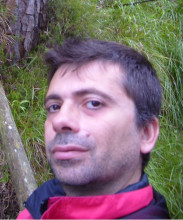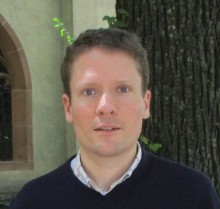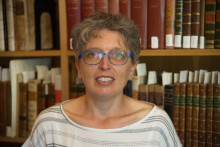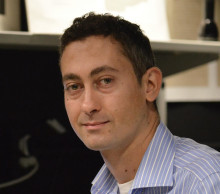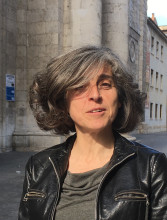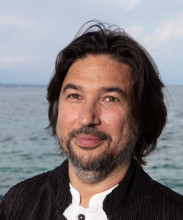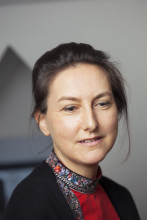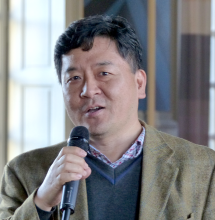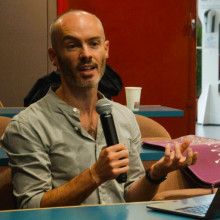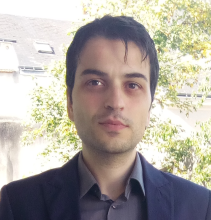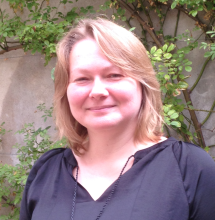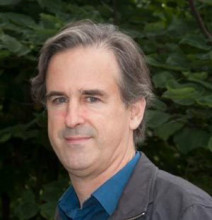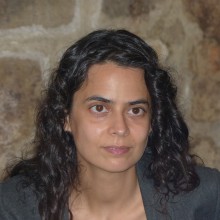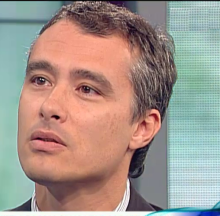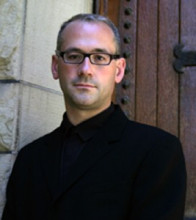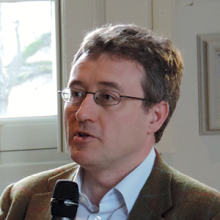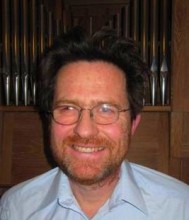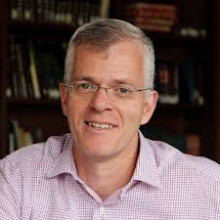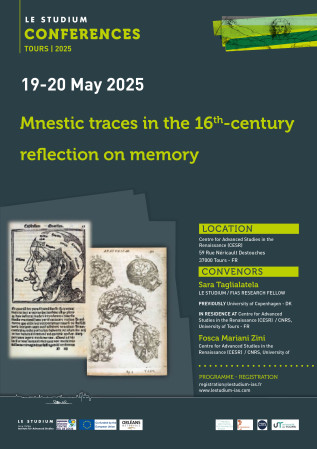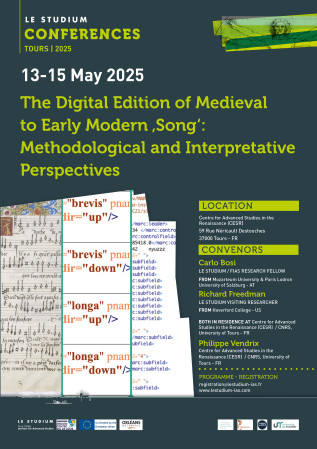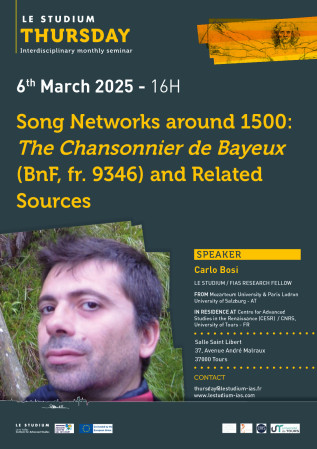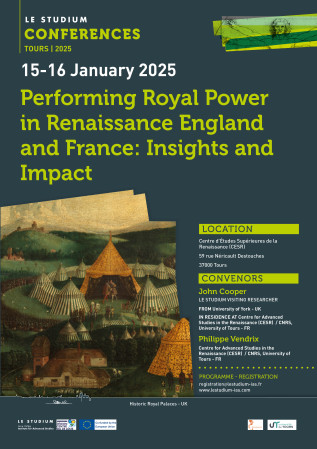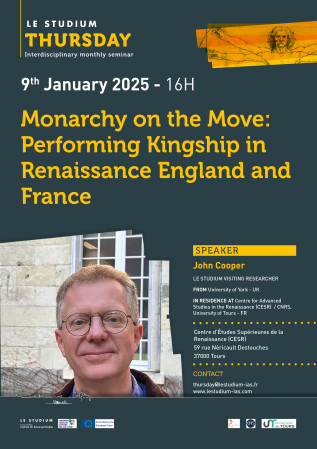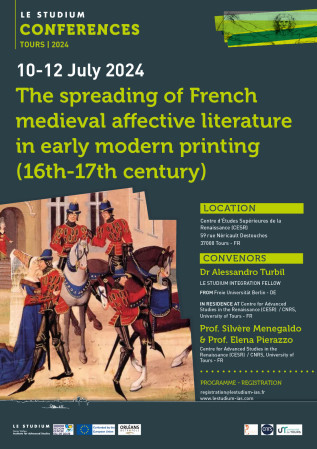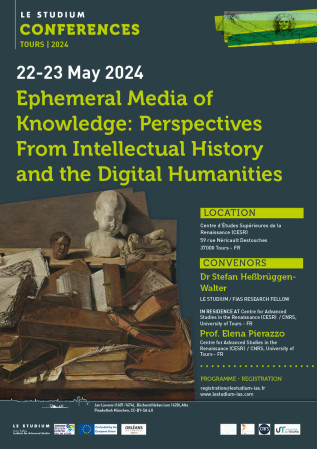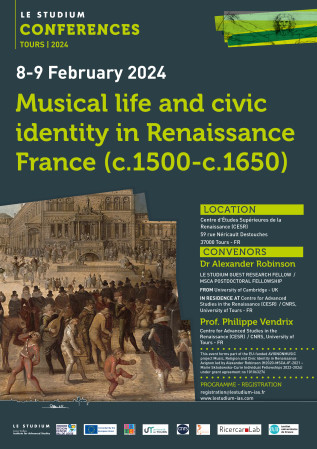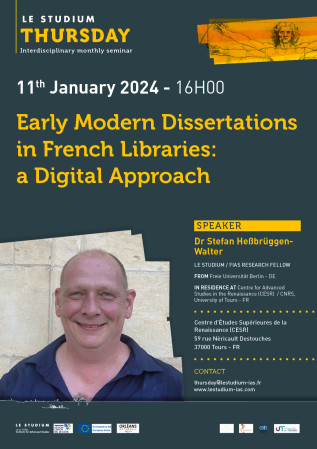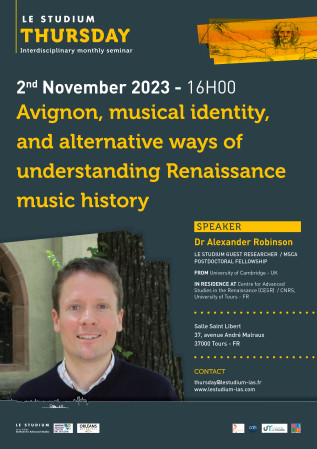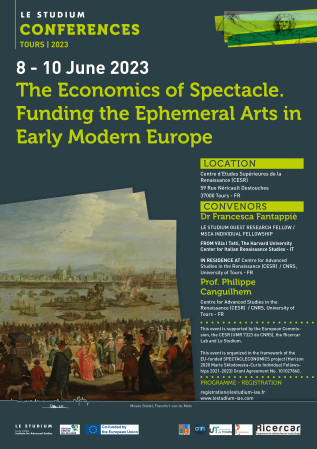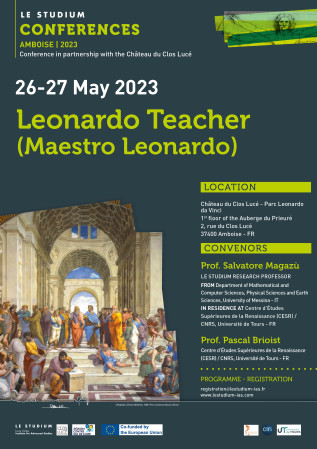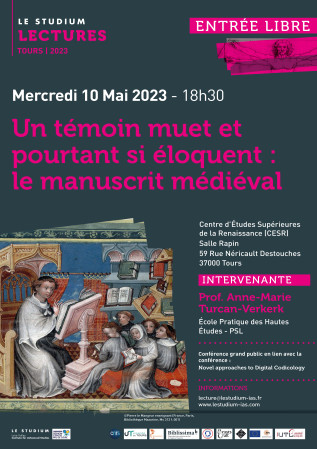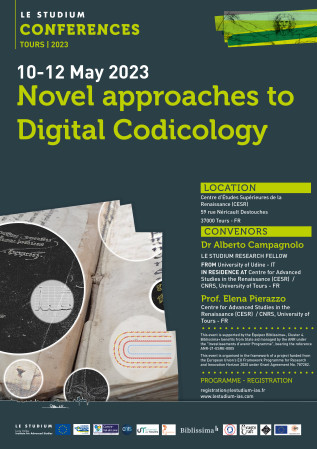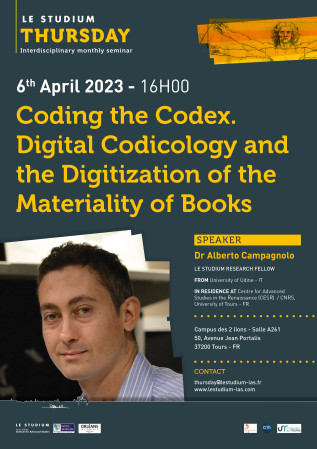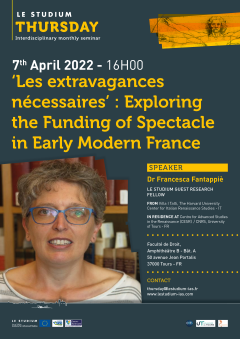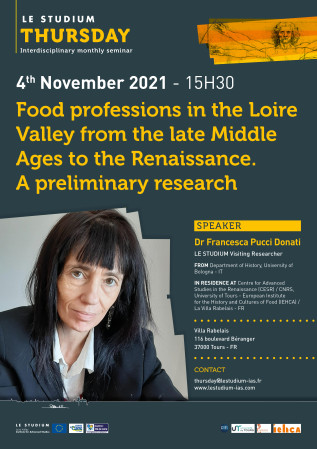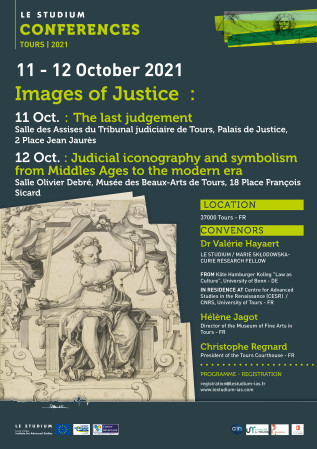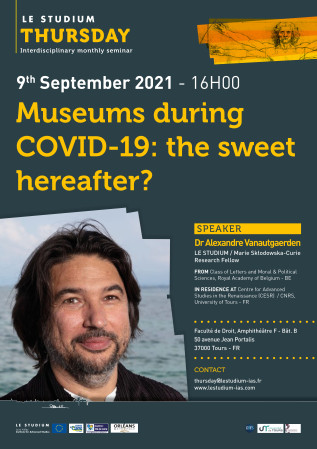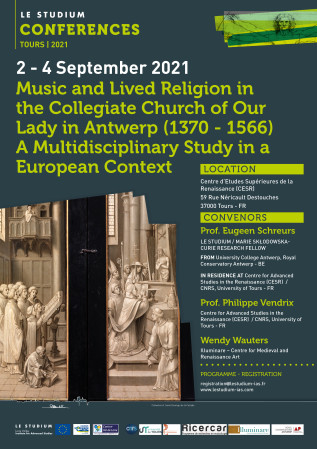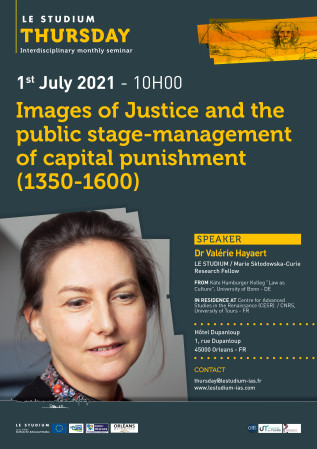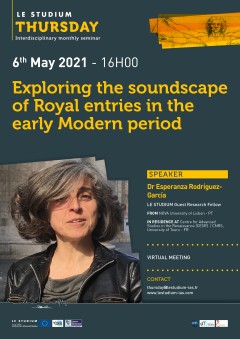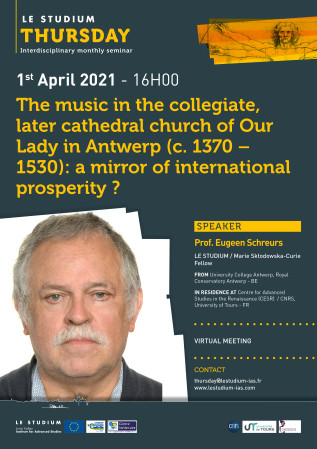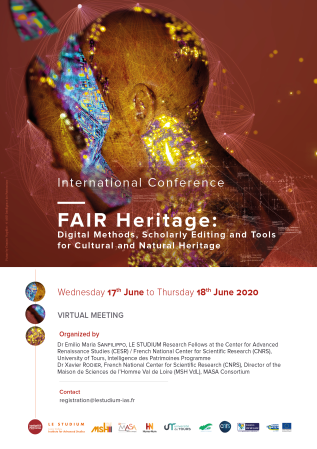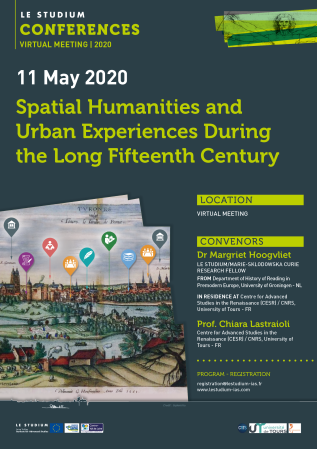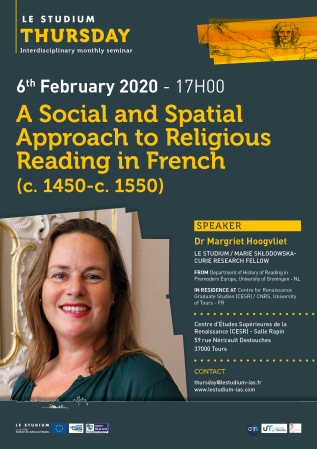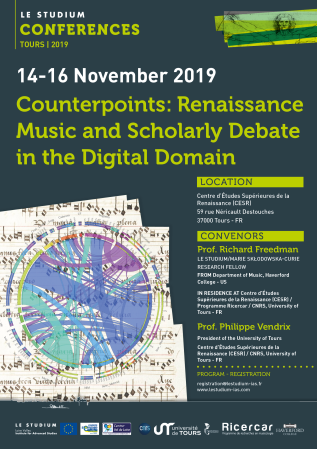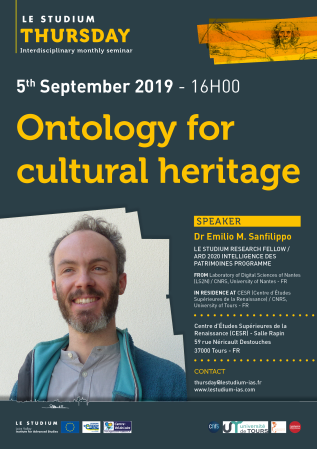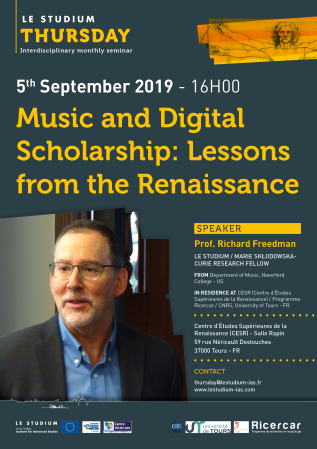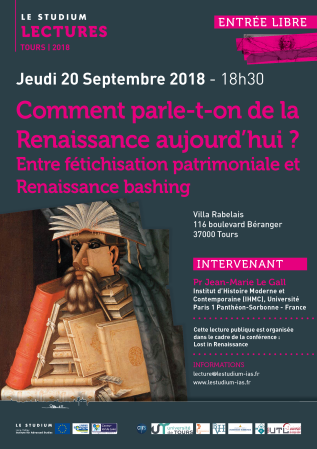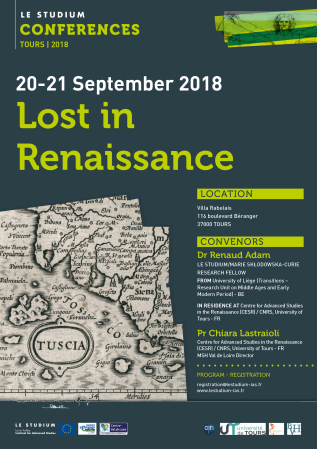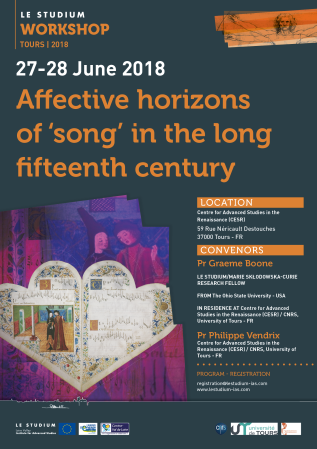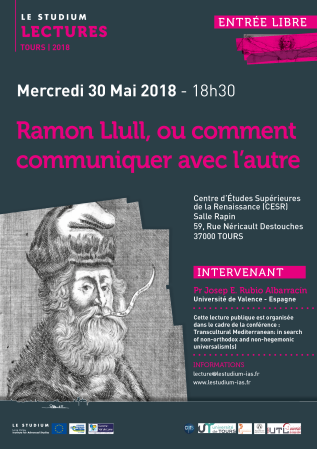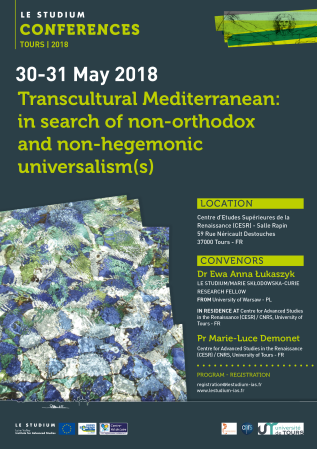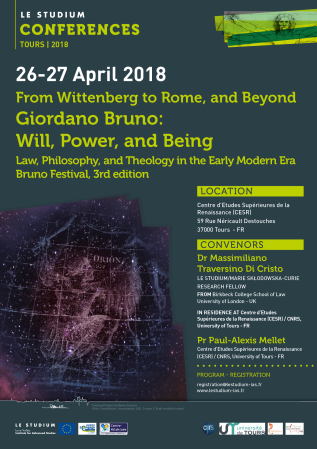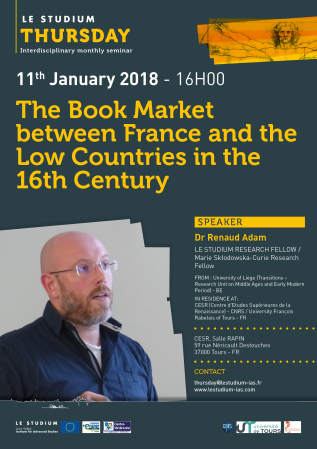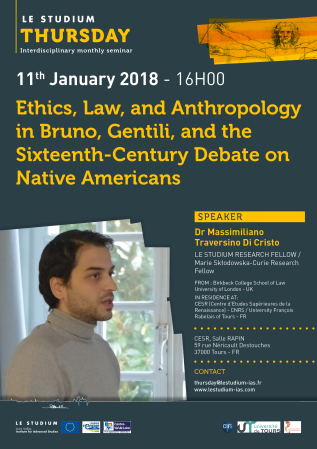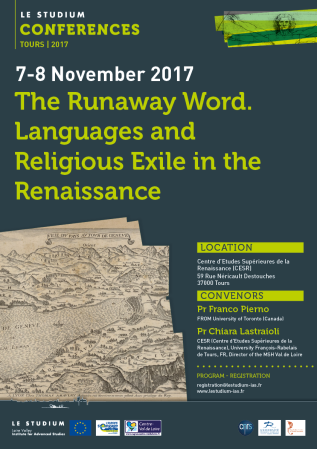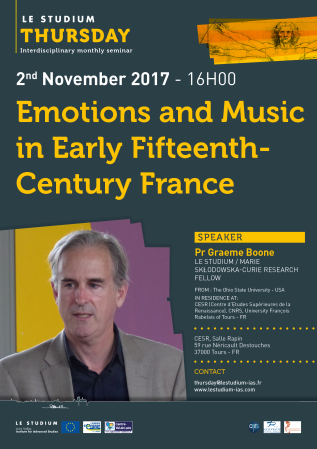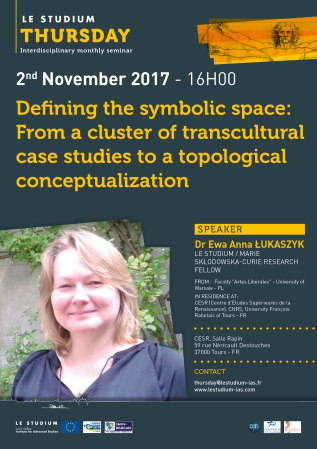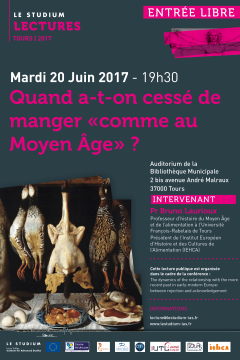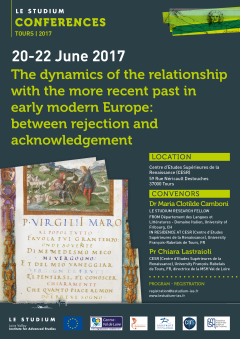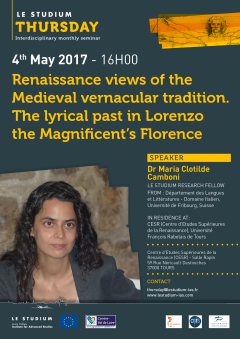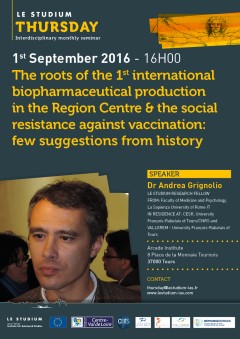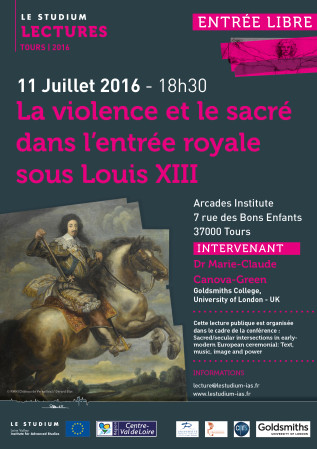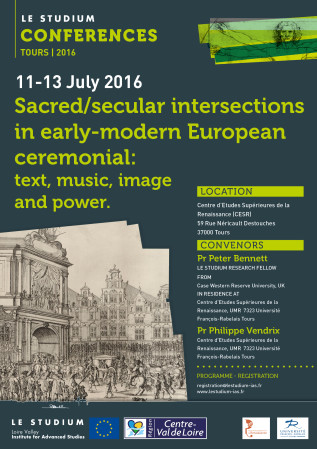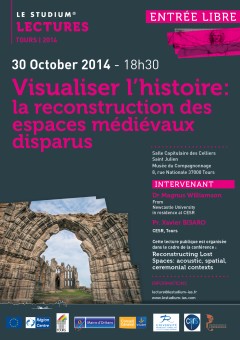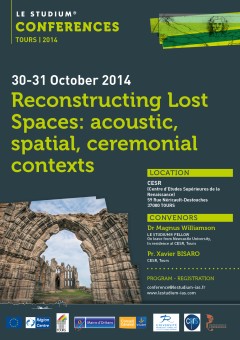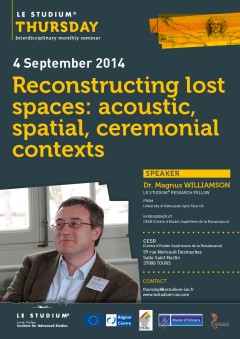Centre for Advanced Studies in the Renaissance (CESR)
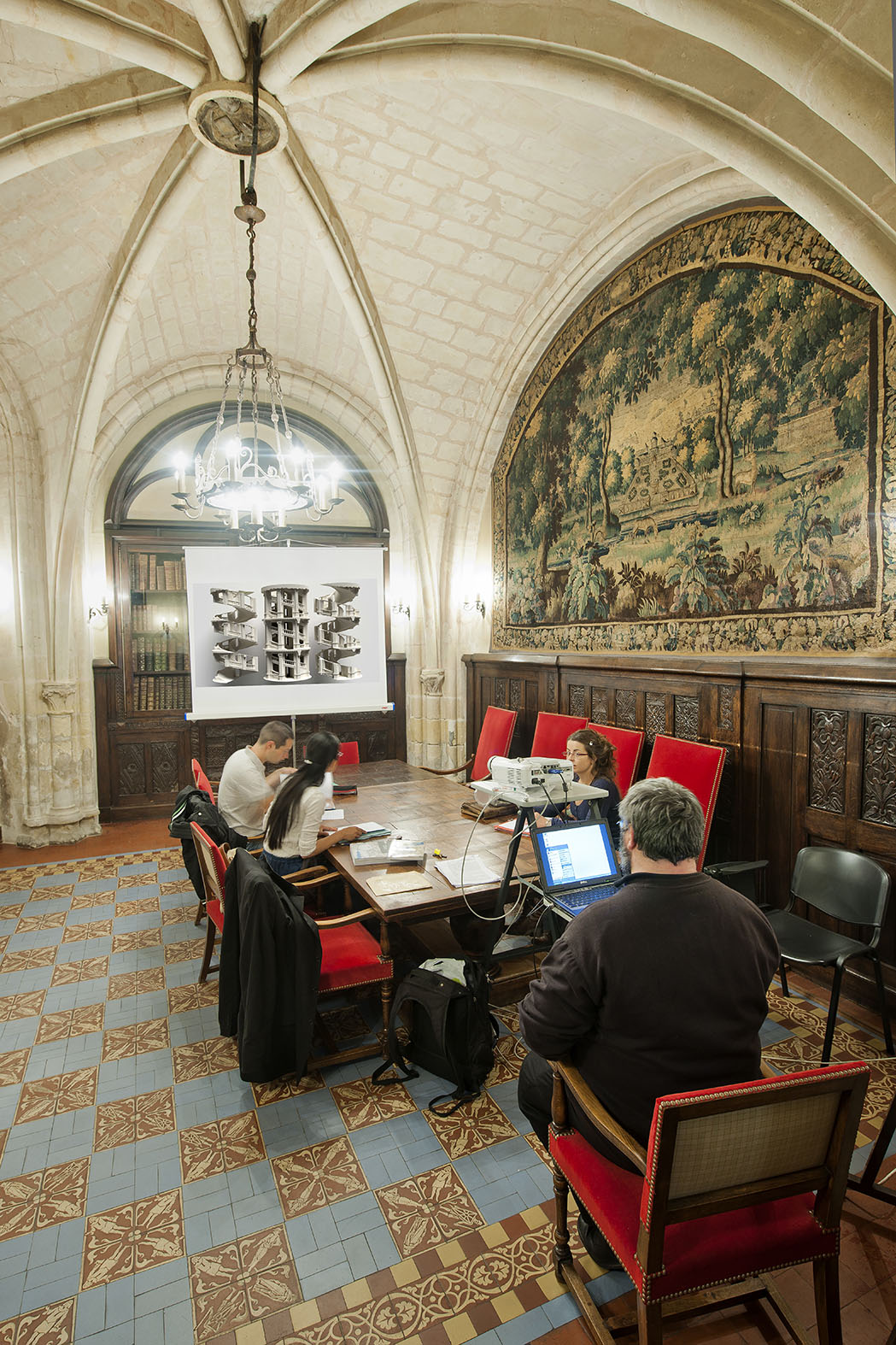
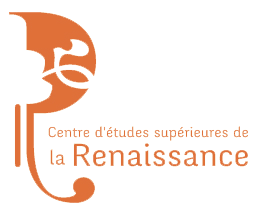
59 Rue Néricault Destouches
Tours 37000
France
Founded in 1956, the Centre d'études supérieures de la Renaissance (CESR) is a joint research unit (CNRS, University of Tours, Ministry of Culture) dedicated to the study of the Renaissance in Europe, from Petrarch to Descartes. The unit currently employs around one hundred researchers, teacher-researchers, engineers, technicians and administrative staff (permanent and contract), as well as around sixty doctoral students. It brings together all the disciplines of the humanities and social sciences (history, art history, literature, philosophy, musicology, architecture, etc.) and has established solid collaborations with other scientific sectors such as digital sciences, social sciences, materials sciences, archaeological sciences and even life sciences. The CESR has three research programmes (Bibliothèques virtuelles humanistes (BVH), Ricercar Lab, Centre de musique baroque de Versailles) and five cross-disciplinary research areas (Les arts à la Renaissance, Pluralité religieuse, Faire et savoir-faire, humanisme, scène européenne). It is also involved in numerous international collaborations. Continuing the tradition of ‘humanist studies courses’ that it launched at the outset, the CESR organises an international humanist studies symposium every year, as well as scientific events such as colloquia, study days, thematic schools and workshops throughout the year. The Centre also runs ten collections published by a number of French and European publishers (PUFR, Brepols, Champion, Droz, Beauchesne, Garnier).
Research programmes:
Centre de musique baroque de Versailles
Attached to the CESR since 2013, the CMBV research team is dedicated to the rediscovery and study of the French musical heritage of the 17th and 18th centuries.
RICERCAR-LAB
A research programme in musicology: Renaissance music, data bases, digital library, valorisation of the musical heritage
Bibliothèques virtuelles humanistes
A research programme on early modern documents: digitisation, publishing, valorisation of the written heritage of the Renaissance.
Library with 58, 000 books, including 3,000 rare books from 15th to 18th century, and about 50 periodical subscriptions
Library with 58, 000 books, including 3,000 rare books from 15th to 18th century, and about 50 periodical subscriptions
Instrumentation:
- Bibliothèques virtuelles humanistes: 1,500 digitised books, including 1,300 books in facsimile and 150 XML-TEI encoded texts, published online
- Photo library of 20,000 images (1,500 digitised) relating to Renaissance architecture
- Ricercar : 4,000 musical sources, 3,500 scores, 2,500 records, 2,000 theses, 4,500 images
- Video-conference room
- Computer equipment comprising 150 computers, 5 servers (comprising 5 Linux server and 1 Windows 2008 server)
- Publishing unit (PAO, network laser printer)
- Databases and Web portals. Collaboratives digital platform
- Multimedia equipment : digital cameras, 3D scanner, on-board cameras, drones, 3D animation and creation software, 3D printer, 3D video-projector, virtual reality headphone, kinect, video editing table, professional scanner for old books, eye-tracking solution
- CESR collections: Brepols: Épitom musical, Études Renaissantes, Europa Humanistica - Beauchesne: Christophe Plantin - Champion: Le Savoir de Mantice - Droz: Catalogues régionaux des incunables - PUFR: Renaissance, Scène européenne - Garnier: Musicologie.



